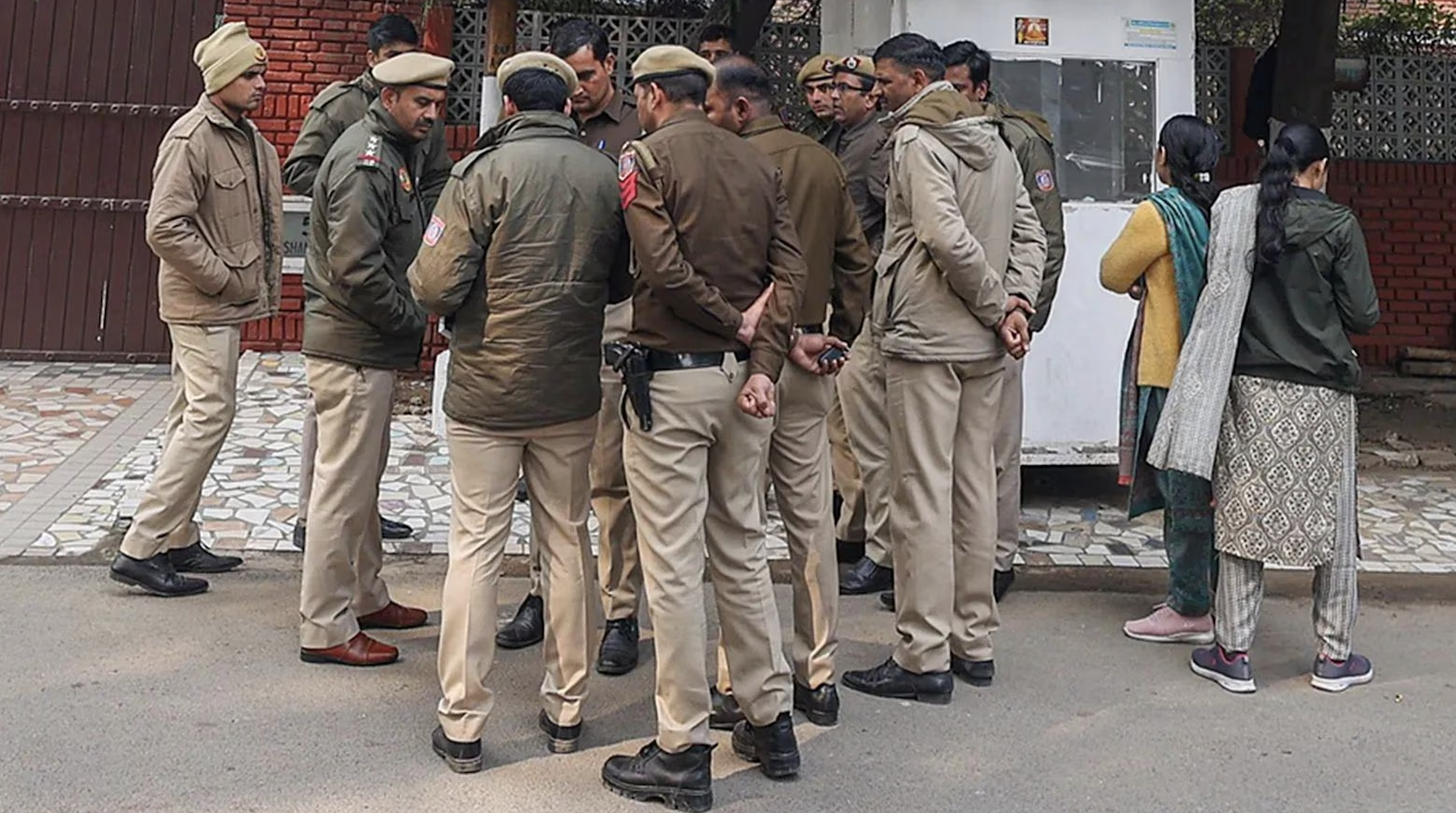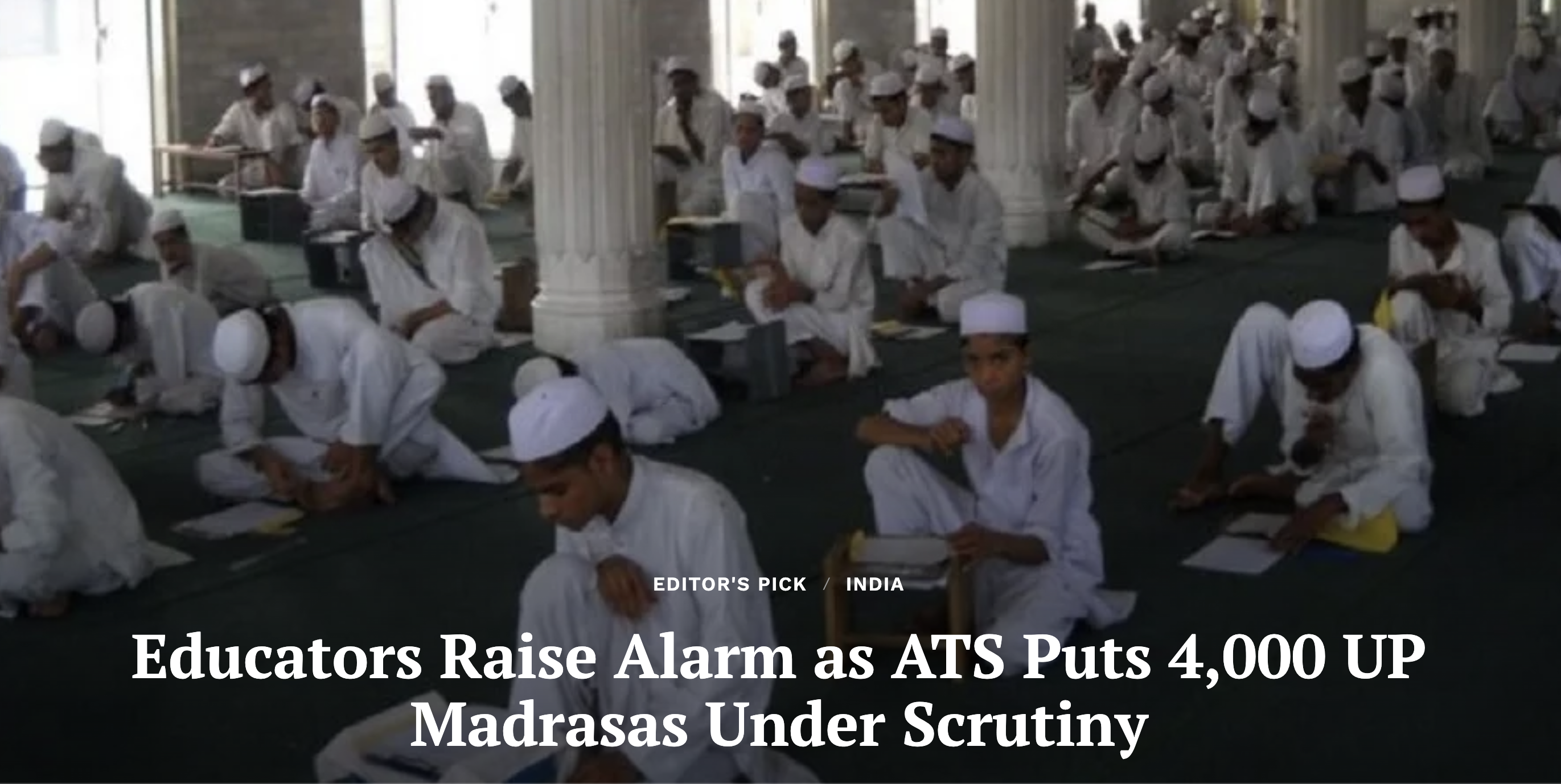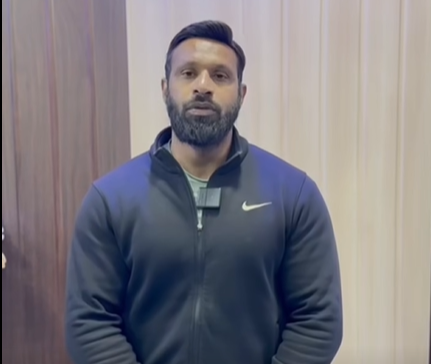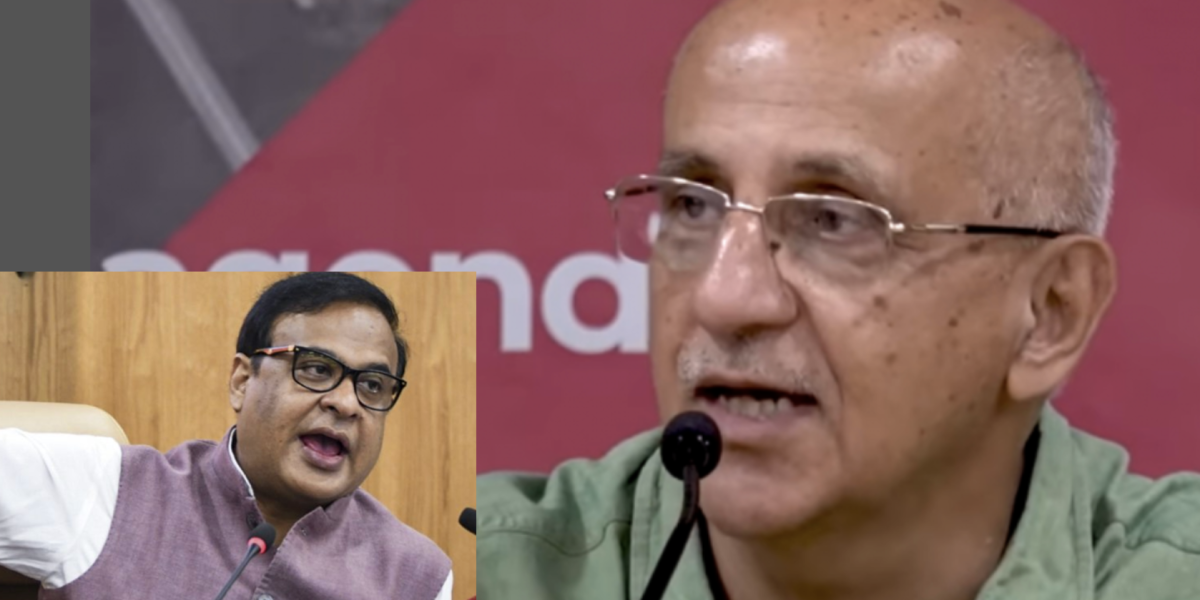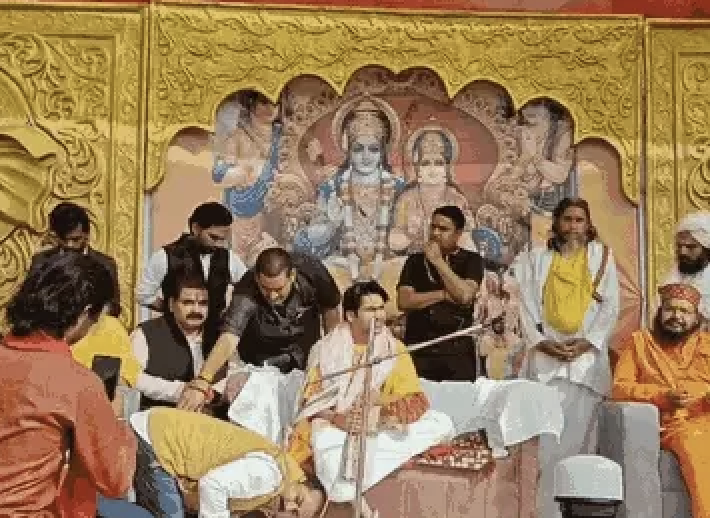
On April 8, 2025, a division bench of Justices J.B. Pardiwala and R. Mahadevan unanimously held that the Tamil Nadu governor R.N. Ravi’s withholding of 10 state legislative bills was “illegal” and “erroneous”. In doing so, the bench clarified the powers of the governor under Article 200 of the constitution. The bench also used its discretionary powers under Article 142 to hold that the bills which were pending assent and reserved for the president were deemed to be assented.
Critically, to break the constitutional impasse that has bogged several states ruled by the opposition (Tamil Nadu, Punjab, Kerala, Karnataka), the bench also laid down timelines within which the governor and the president are to communicate their decisions on bills placed before them. Additionally, it expanded the scope of judicial review for a governor’s actions, enabling state governments to approach courts and seek a writ of mandamus if these timelines were not followed. A writ of mandamus empowers a competent court to direct a government official to discharge an official duty.
Within eight days of this on April 16-17, the Supreme Court made its views on the contentious amended Waqf law of 2025, clear. A bench consisting of none less than Chief Justice of India (CJI) Sanjeev Khanna, and Justices Sanjay Khanna and K.V. Viswanathan posed a sharp question to the Solicitor General (SG) of India, “Are you willing to allow Muslims on Hindu endowment boards?”.
The bench refused to relent when the SG issued dire warnings of the consequences and fallouts of their actions. The court remained firm, gave the Union government some time to detail its claims of large scale Waqf land abuse, until the next hearing (scheduled for the week of May 5) but stayed operations of the most egregious sections of the new law.
Soon after, senior functionaries of the ruling party heaped direct and indirect abuse on the Indian higher judiciary. Were these the “consequences” that the SG was direly “warning” the SC of?
Abuse came from one, a Bihar Member of Parliament (MP), Nishikant Dubey, and an open challenge came from another, the present Vice-President of India and Chairperson of the Rajya Sabha, Jagdeep Dhankhar. Both, using different metaphors, one that of a clever lawyer, the other of a hit-man, have essentially questioned the supremacy of the Supreme Court of India in interpreting law and its consequences for the people of India, the fundamental rights of every citizen. While the BJP through its president J.P. Nadda, ‘distanced itself from Dubey’s statement, there has only been silence on Dhankar’s rather brazen verbal assault, a silence that is speaking in itself.
This story was originally published in thewire.in. Read the full story here.


